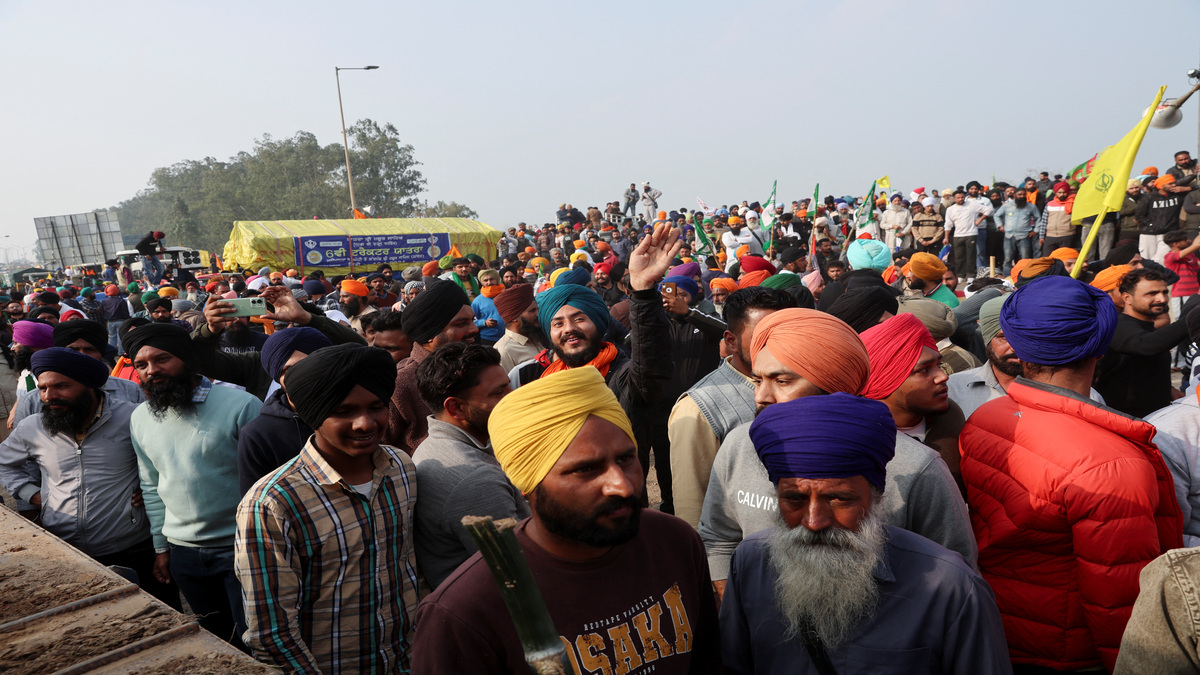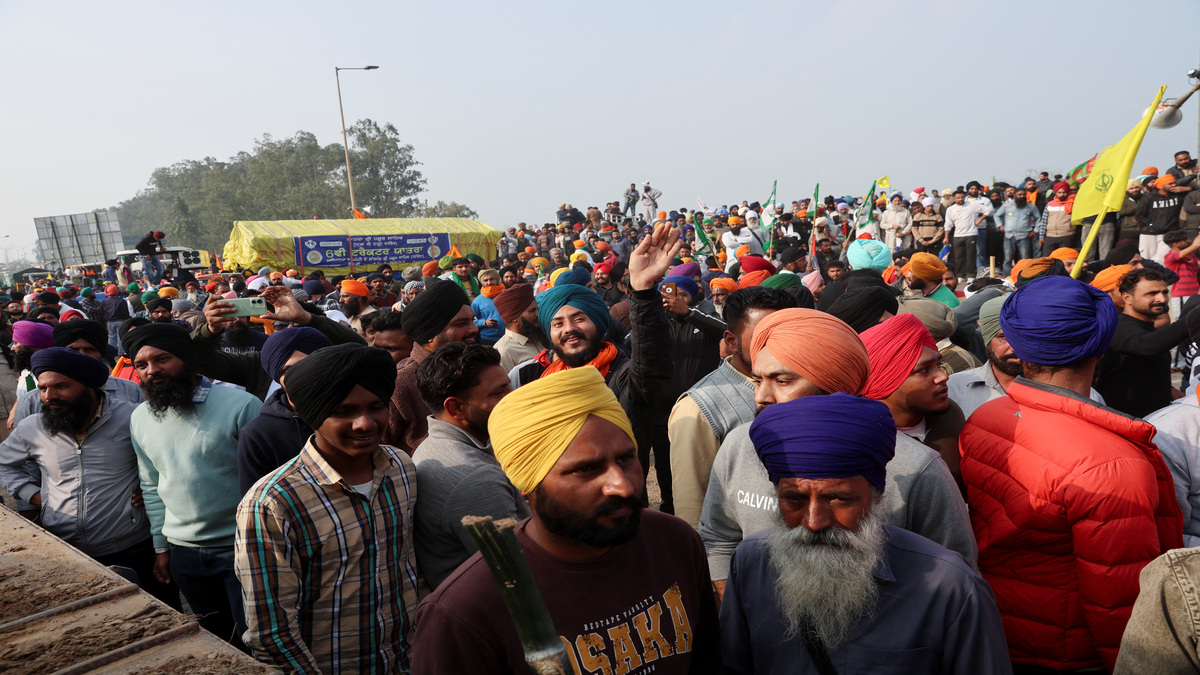Food is the way to the Bengali soul. Appease the appetite and all will be forgiven. If only that were true. Polling officers and micro observers in Birbhum were not induced even though villagers, on instruction from one of West Bengal’s best known political faces – Anubrata Mondal, Trinamool Congress boss of Birbhum – had arranged the gourmand’s delight: meat curry and rice feast.
The expected sell out for the hospitality were two requests; one, don’t object if a man votes in a woman’s name and two, place the EVMs next to the window, so that we can watch the voting. If this observation is found in the reports submitted by micro observers in Birbhum, it will overturn the idea of the Bengali as greedy and gutless, because the presiding officers in many polling stations firmly rejected the idea of allowing impersonation and violation of the secrecy of ballot.
Food – rude food, gourmet food, culinary masterpieces – have figured in West Bengal’s politics for a long time. This time, Birbhum’s voters were expected to make do with muri (puffed rice) and a variety of add ons – chickpeas, jaggery, coconut, pakoras and in some places, khichri, if they voted for the Trinamool Congress; if they did not, then they could anticipate getting gur batasha (local candy), a metaphor for a severe beating. At different times, across West Bengal, either on the eve of polling day or after polling is over, political parties arrange to feed voters as a reward for their loyalty. The food is usually meat curry and rice washed down with alcohol. Fish is not inducement enough, because it can be easily found. It is meat, good red goat’s meat that is expected to seduce the voter.
As a leitmotif, local snacks – rude food — pop up frequently in Mamata Banerjee’s speeches. The telebhajha (pakora) has been lifted straight out of the wok is now a symbol of an investment-industrial possibility under her watch. Unsurprisingly, the daal Bora (Daal Pakoras) has figured in Mamata Banerjee’s campaign speeches, as part of her promise to voters to return to share tea and the delicacy, after she wins.
Fruit, on the other hand, is a very unusual motif, but has figured as a symbol of the strange and unthinkable configurations that have happened in West Bengal politics in 2016. Watermelons, green on the outside and red on the inside, are now not a fruit, but a metaphor. It stands for the Congress and its hidden machinations as well as its great betrayal. Green on the outside, the water melon hides its red heart on the inside.
The reappearance of the water melon is a measure of how deeply the Congress “betrayal” has wounded Mamata Banerjee. Ditching the Trinamool Congress for the CPM is signified by the summer fruit, which is why party spokesperson Derek O’Brien was seen on television in March scoffing at the idea and chomping on a slice. The first time, water melons figured in West Bengal’s political lexicon was around 1998, on the eve of Mamata Banerjee’s split from the Congress, when she had declared a jihaad against her less volatile colleagues. It was then that she accused Somen Mitra principally, and Subrata Mukherjee of being “watermelons;” secretly colluding with the CPI M to keep it in power by refusing to fully endorse her militant politics, including the famous march on Writers’ Buildings to oust the Left Front government from power. It is a different matter that in 2011, Mamata Banerjee won over Shikha Mitra and nominated her as a candidate in the West Bengal assembly elections. And, a new thing altogether when Somen Mitra joined her side and became a Lok Sabha member in 2014. His return to the Congress in January 2016 was the final blow.
It was gossiped about the CPM in its heydays, that popular leader Subhash Chakravarty used fish and rice to lure larger and larger crowds to make each Brigade Parade Ground meeting bigger than the one before. The people were induced to sign up for Marx-vaad because Maach (fish)-Bhaat (rice), sounded suspiciously the same. True or false, this was a story that captured the popular imagination as the mood turned sour and the Trinamool Congress ate up the political capital of the CPM. Now that the CPM has fallen on hard times, the crowds from the districts who travel to join a Brigade Parade Ground rally have to fend from themselves.
In West Bengal’s politics, what you eat is who you are. Maach-bhaat symbolised the extravagance of the CPM and its need to bribe the poor, who would otherwise rarely taste such luxuries, to stand with the party. Mangsho (meat) is therefore symbolic of epicurean indulgence. Whereas, muri , is synonymous with Mamata Banerjee’s simplicity, is a measure of her closeness to the poor, in that it is her favourite food. Offering the polling staff meat curry is a measure of how far the Trinamool Congress in Birbhum was prepared to go to have things its way. That the polling staff did not oblige, is a different matter.


)




)
)
)
)
)
)
)
)